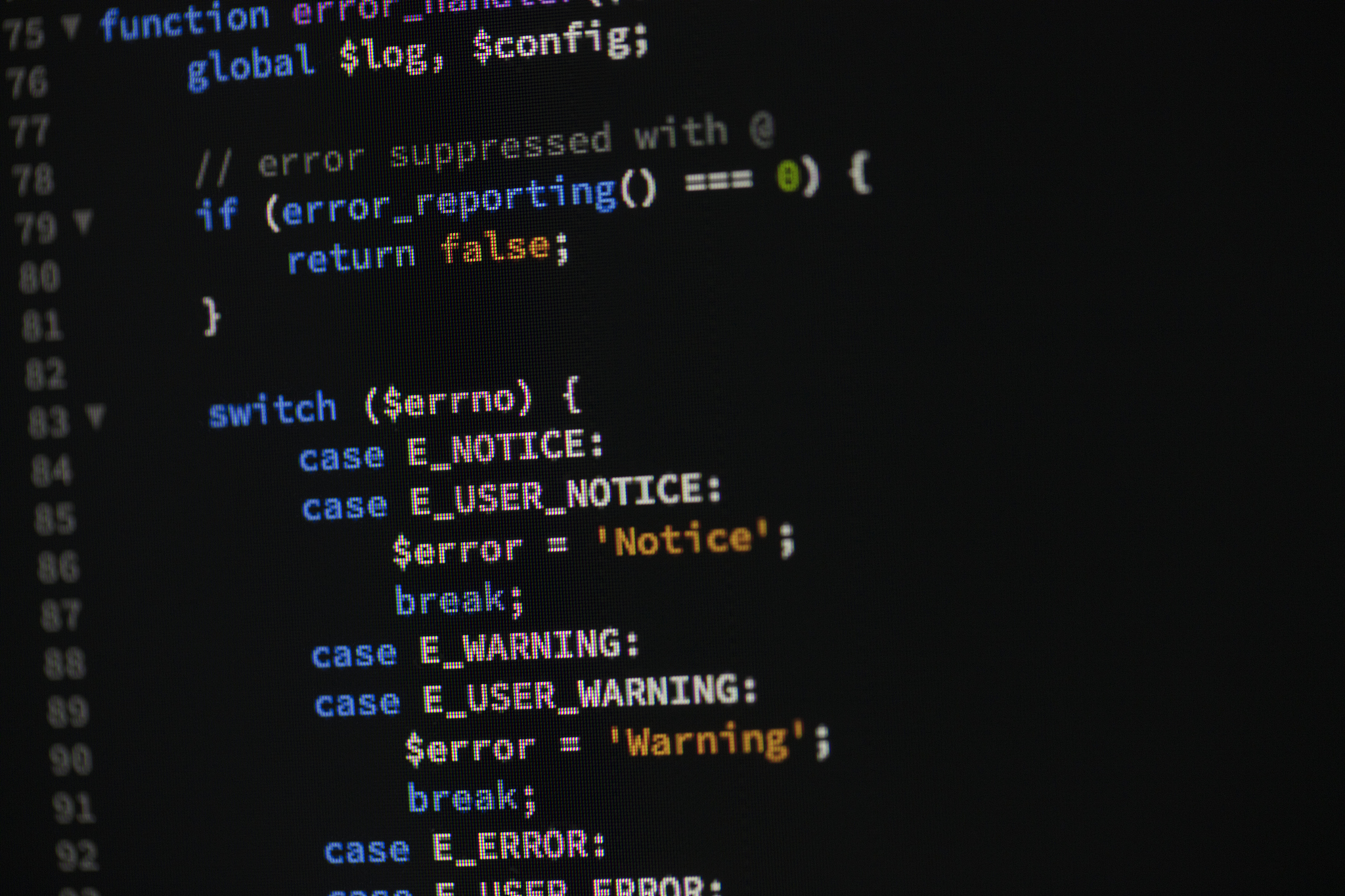C语言 16字节内存块相乘并处理溢出 - 代码示例
在C语言中,将两块16字节内存块相乘并处理溢出,可以使用以下代码:\n\nc\n#include <stdio.h>\n#include <stdint.h>\n\nvoid multiply(uint8_t* a, uint8_t* b, uint8_t* result) {\n uint8_t carry = 0;\n for (int i = 0; i < 16; i++) {\n uint16_t temp = (uint16_t)a[i] * (uint16_t)b[i] + carry;\n result[i] = temp & 0xFF;\n carry = temp >> 8;\n }\n}\n\nint main() {\n uint8_t a[16] = {0x01, 0x00, 0x00, 0x00, 0x00, 0x00, 0x00, 0x00, 0x00, 0x00, 0x00, 0x00, 0x00, 0x00, 0x00, 0x00};\n uint8_t b[16] = {0x02, 0x00, 0x00, 0x00, 0x00, 0x00, 0x00, 0x00, 0x00, 0x00, 0x00, 0x00, 0x00, 0x00, 0x00, 0x00};\n uint8_t result[16];\n\n multiply(a, b, result);\n\n printf("Result: ");\n for (int i = 15; i >= 0; i--) {\n printf("%02X ", result[i]);\n }\n printf("\n");\n\n return 0;\n}\n\n\n在这个例子中,我们使用了uint8_t数据类型来表示16字节的内存块。multiply函数接受两个16字节的内存块a和b作为参数,并将结果存储在另一个16字节的内存块result中。在循环中,我们将两个字节相乘,并将结果存储在一个uint16_t类型的临时变量中。我们将低8位存储在result中的当前位置,然后将高8位作为进位保存以供下一次循环使用。最后,我们通过打印result数组来显示结果。\n\n请注意,此代码只处理了溢出的情况。如果你需要处理其他错误情况,比如除以零等,你可以在代码中添加相应的检查和处理逻辑。

原文地址: https://www.cveoy.top/t/topic/qgDA 著作权归作者所有。请勿转载和采集!